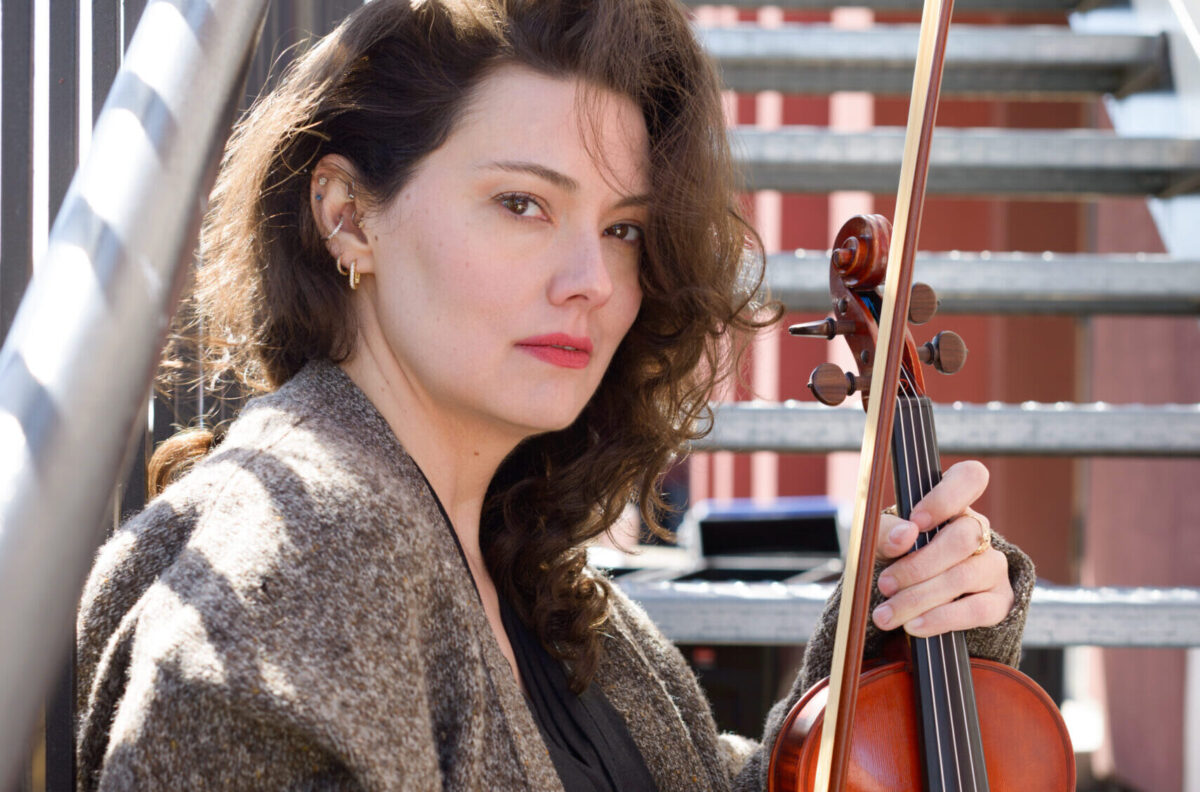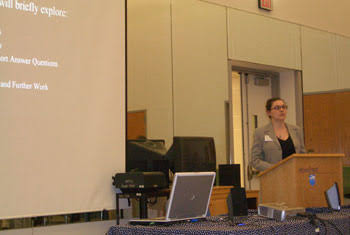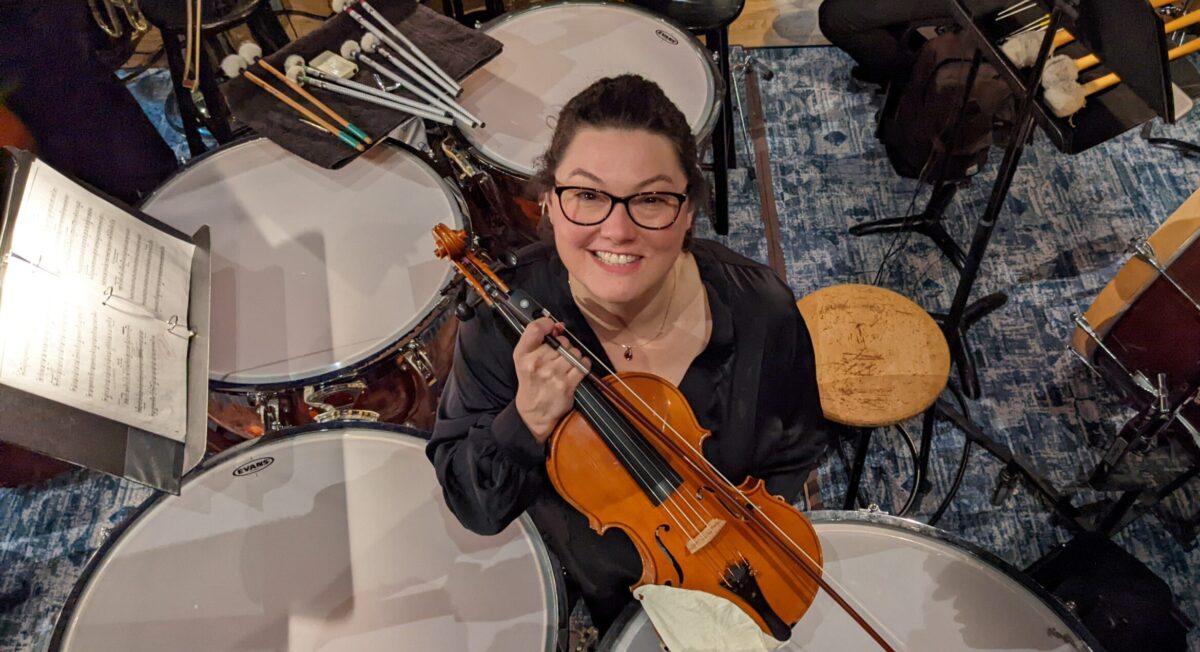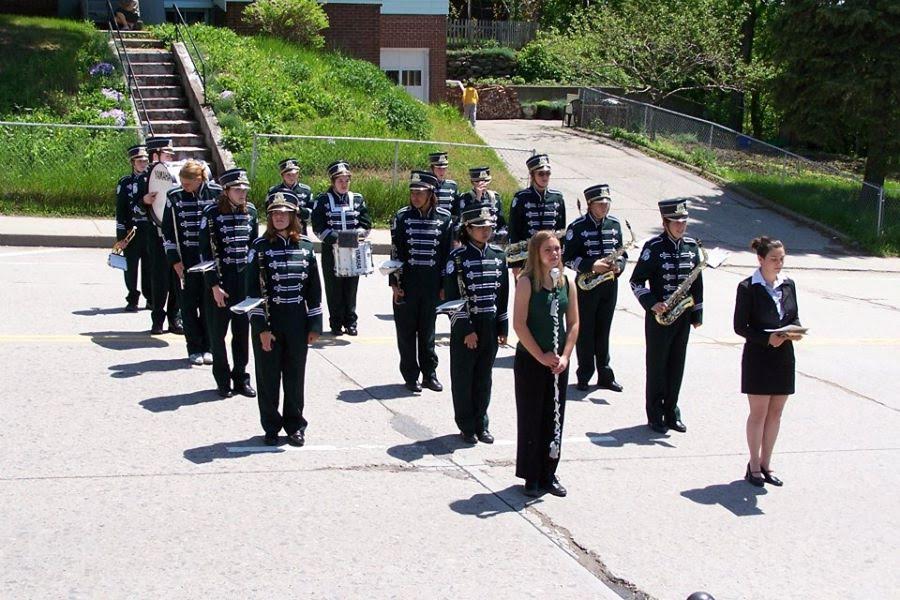On Solitude
I have chosen to model this essay after ‘On Noise’ by Seneca. The essay attempts to employ a casual tone, with plain language, in the casual style of a letter. (reference: https://thewonderreflex.blogspot.com/2013/08/seneca-on-noise.html)
jess ingrassellino, july 2020
People are surprised to find that I am undisturbed by solitude, especially during a pandemic. I cannot see the benefit of being constantly surrounded by people. Here I am, living alone and in solitude by choice for many years now, the happy introvert. I wake up each morning, thoroughly using and enjoying the whole of my bed, arms dangling over the top right corner, legs crooked and peeking over the sides, toes over the bottom. My refrigerator and sink are exactly as I left them the night before, filled with the foods I like. I know my coffee will be ready, and that nobody has used the last of the cream and forgotten to remind me to get more. Think of the artist who focuses on his painting, watching daylight dance over his still life, casting changing shadows. Hear the slow, steady tick of the metronome as the musician draws her violin bow across each string, coaxing steady warmth from each tone.
“You must be mad to want to spend any more time alone!” You may say, after spending the past four or five months in semi-quarantined solitude. But time alone in my space is no different to me than putting in headphones on the most crowded of subway trains, isolated in a sea of strangers. It is far more bothersome to be partially attached, sharing space with someone who does not respect or accept the need for my human soul to have its moments alone, or worse, someone who has never taken the time to look inward.
“All of humanity’s problems stem from man’s inability to sit quietly in a room alone.” —Blaise Pascal, Pensées (1670)
This may well be true. We have never been more able to be connected to others as we are now. Mere months ago, one could find, in any number of cafes or bars, groups of friends, together alone, tweeting and texting and posting. Disconnected while social. And this, this is dangerous. This disconnectedness from our fellow humans when we are with them bleeds into our relationships with ourselves. So many I know have found themselves for weeks or even months locked away from family and friends that they see (but don’t connect with!), and they are missing their friends, quite naturally. So they are looking to their empty homes, their digital book and music collections, their fashionable clothes and handbags, all currency in their social worlds, sitting around them like a pile of money in the apocalypse. And in their isolation, they may appear to be in a relationship with themselves, but this is no reason to suppose that introspection or connection is happening. To sit with oneself in solitude is to be in an active discussion, even interrogation, with one’s own mind. Confronted with the pain of the past, the struggles of the present, and the promise of the future. Deeply acquainted with one’s own strengths, weaknesses, misgivings, doubts, and regrets.
Every now and then, we give the impression that solitude is a problem because we are bored, because technology is amazing, because we have to work, because, because, because. Yet, it appears many are driven from solitude not to avoid boredom or to experience technology or to do work, but rather to avoid themselves. We’ve painted solitude as the homeland of the loner, the solitude-stricken “unpopular” nerd, the psycho, the serial killer. The most dangerous temperament of all is the one that cannot sit with themselves; those with such temperaments have perpetrated the worst crimes on our society. The president tweets at 3am, but doesn’t know why he feels so insecure. Cops band together to murder civilians who have not committed crimes, defending their actions ‘out of fear’, never examining the source of the fear they claim. Despots ruling with iron fists commit genocide, surrounded by sycophants serving as their inner voices.
“To make the right choices in life, you have to get in touch with your soul. To do this, you need to experience solitude, which most people are afraid of because in the silence you hear the truth and know the solutions.” Deepak Chopra
The president, the cop, the despot: they are afraid. Pick out the weakest, most harmful person, and you will see someone who has not been in solitude with themselves. Someone who is not comfortable sitting with who they are and what they have done in their lives. Someone seeking constantly and completely the company and approval of others, no matter what the cost. Shift to thinking about those most admirable humans who have been considered successful, and you will notice they are at ease with themselves. The Dalai Lama, men and women of the buddhist traditions, anyone who can sit alone after five months of a pandemic, in peace with themselves, and smile because their life is not something to be avoided, but appreciated.
“This is all well and good,” you may say, “but wouldn’t it be better to just get out of your head and your house and spend some time not thinking so deeply?” Sometimes, yes. I will concede this point. Avoiding myself is much, much easier than sitting with myself in solitude. Losing my thoughts and worries in shelves of books and crates of records is always preferable, even if less beneficial, than sitting in solitude. But, when I can venture back into the world again, I’ll do so with a stronger, centered self.





